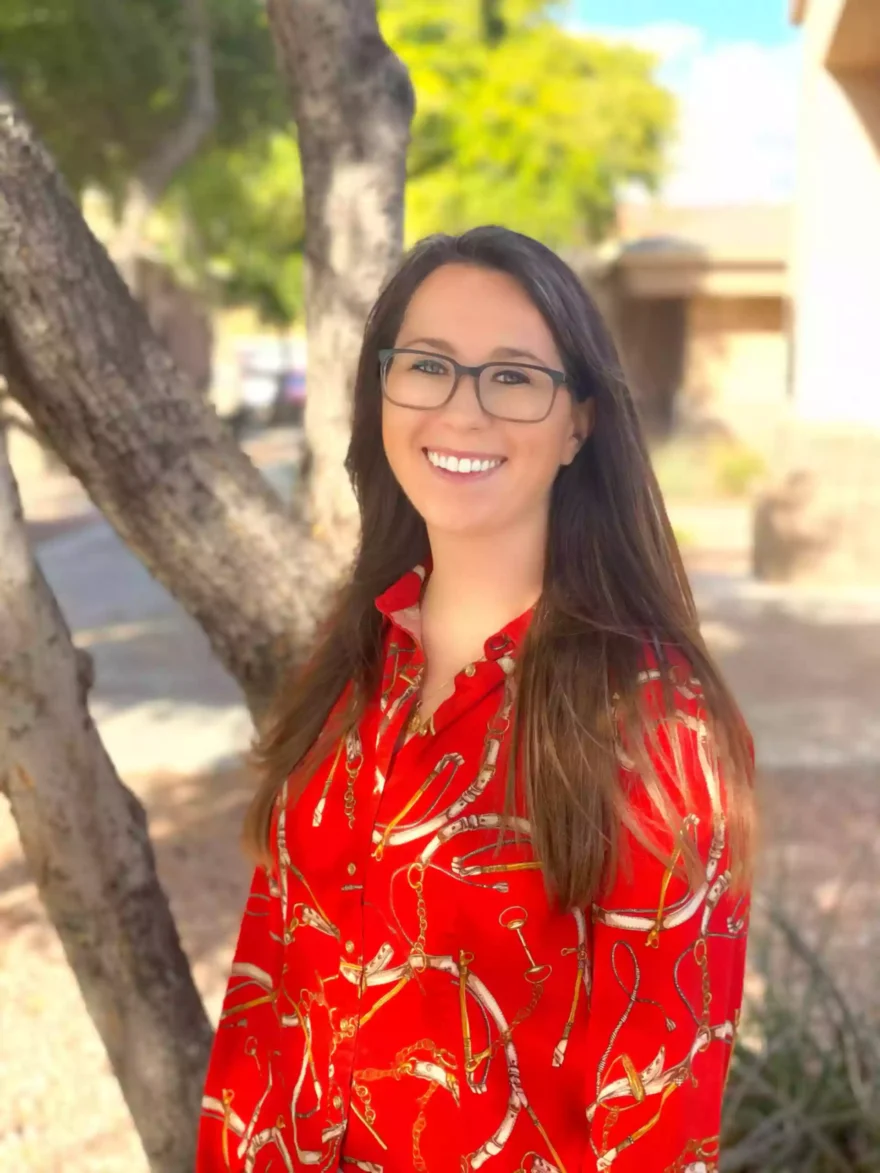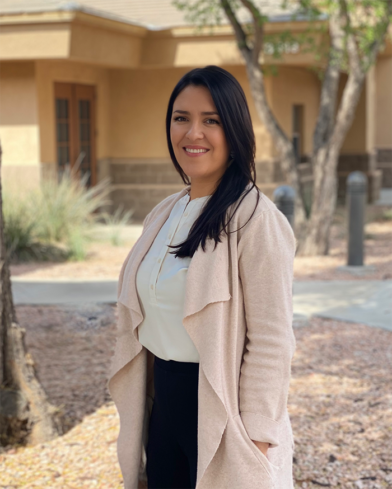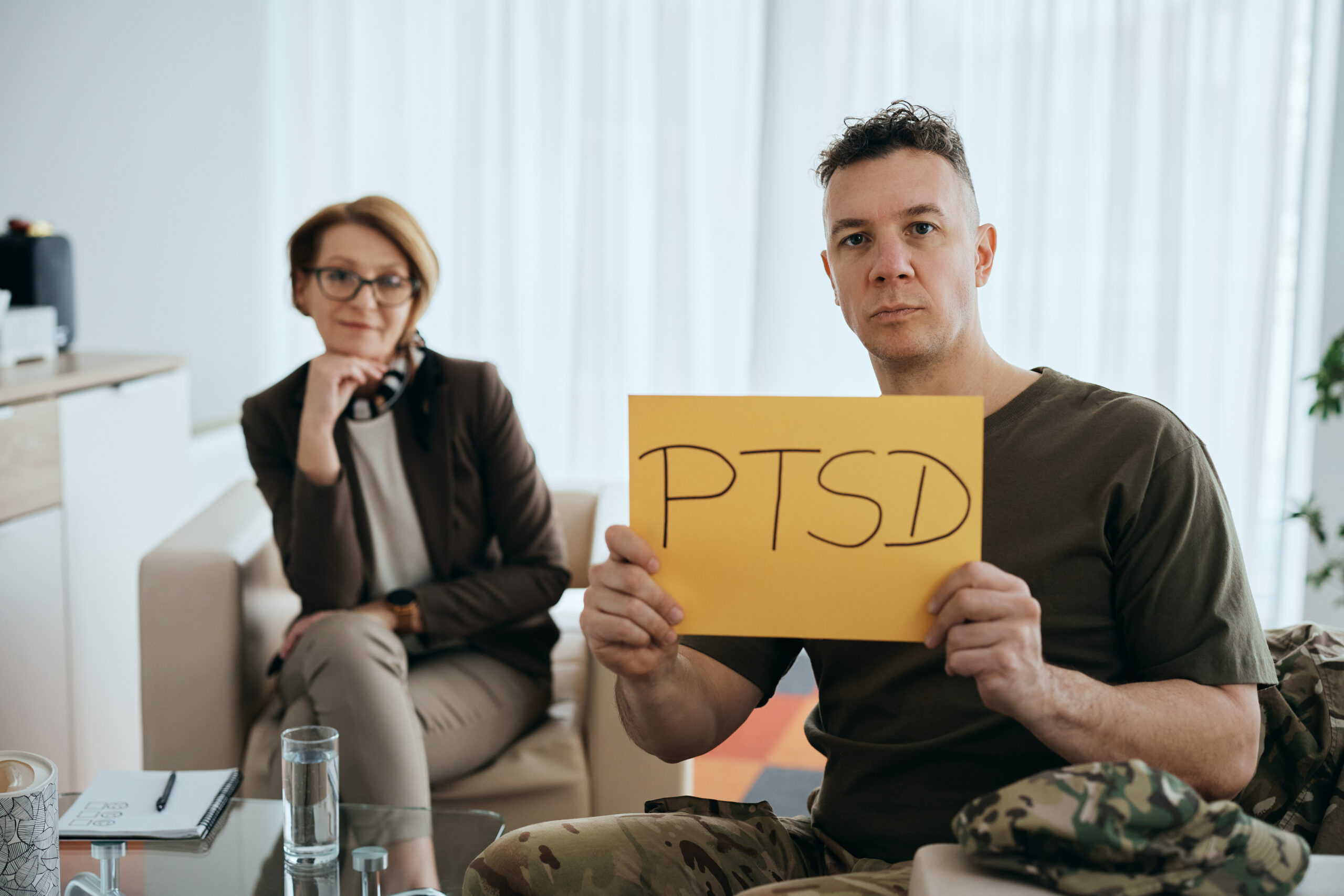
Depression Counseling in Scottsdale, AZ
When Depression Starts to Take Over
“Even on the days I feel like I’m made of stone, I remind myself—stones still belong. They’re still part of the path.”
-Unknown
Have you been feeling tired no matter how much you sleep? Do you find yourself withdrawing from friends or losing interest in things you once enjoyed?
Maybe it feels like you’re just going through the motions—wondering why everything feels so hard, or if things will ever get better.
Depression can feel like an invisible weight, dragging down your energy, motivation, and hope. And it doesn’t always look like sadness.
For some, it shows up as irritability, brain fog, or numbness. For others, it’s a sense of guilt, emptiness, or feeling like a burden.
If any of this sounds familiar, you’re not alone—and support is available.
At Pathways Counseling Services in Scottsdale, Arizona, we offer therapy for adults navigating depression.
Whether you’re dealing with a recent life change, persistent low mood, clinical depression, low energy and motivation, or past trauma, our goal is to help you feel seen, supported, and on the path to healing.


What Does Depression Look Like in Adults?
Depression affects everyone differently—and it’s more than just feeling sad or “off.” Some people still go to work, socialize, or smile around others but feel numb or empty inside. Others may notice physical changes like fatigue or sleep disruptions before they realize they’re struggling emotionally.
Common signs of depression include:
- Sadness, emptiness, or tearfulness that won’t go away
Irritability, frustration, or emotional outbursts over small things
Loss of interest in hobbies, socializing, or physical intimacy
Changes in sleep—sleeping too little or too much
Trouble concentrating, making decisions, or remembering details
Fatigue or lack of energy, even after rest
Feeling worthless, hopeless, or overwhelmed by guilt
Physical symptoms such as headaches, stomach aches, or body pain
Thoughts of death, suicidal ideation, or self-harm
Depression can also affect your appetite, relationships, work, and overall ability to function.
These symptoms may come on gradually or feel like they hit all at once. Regardless, they are real—and they deserve care.
Why Am I Depressed?
Many people blame themselves for their depression or feel ashamed for not “snapping out of it.” But depression is not a character flaw—it’s a complex interplay of biology, environment, and life experience.
Understanding the why can be a powerful first step in the healing process.
Some common contributors to depression include:
- Life stress (burnout, caregiving, divorce, financial strain)
Grief or loss
Relationship conflict or loneliness
Past trauma or childhood adversity
Medical issues or chronic illness
Genetics or family history of depression
Hormonal changes (postpartum, menopause, etc.)
Negative thinking patterns or perfectionism
Excessive drinking or substance use
From a neurological perspective, depression is also linked to changes in brain chemistry—particularly the limbic system, which regulates emotions, motivation, and threat response.
When the brain is stuck in survival mode, it becomes harder to feel joy, hope, or clarity. Over time, this can create a feedback loop of negative thinking, emotional numbness, and reduced activity levels.
Therapy helps you not only understand what’s contributing to your depression under the surface—but also how to shift your response and build emotional resilience.


How Pathways Helps Adults with Depression
Cognitive Behavioral Therapy (CBT)
CBT is one of the most effective treatments for depression. It helps you:
- Identify and challenge negative thinking patterns
Practice new ways of viewing yourself and your situation
Set realistic goals and re-engage with life
Track behaviors that support—or deplete—your mental health
Dialectical Behavior Therapy (DBT)
DBT is particularly helpful if your depression includes mood swings, emotional sensitivity, or impulsive behaviors. DBT focuses on:
- Emotional regulation
Distress tolerance
Mindfulness and present-moment awareness
Building interpersonal effectiveness
Acceptance and Commitment Therapy (ACT)
ACT helps you shift your relationship with difficult thoughts and feelings. With ACT, you’ll learn to:
- Increase psychological flexibility
Focus on what matters to you, even when emotions are heavy
Develop tools for acceptance and mindfulness
Dialectical Behavior Therapy (DBT)
DBT is particularly helpful if your depression includes mood swings, emotional sensitivity, or impulsive behaviors. DBT focuses on:
Emotional regulation
Distress tolerance
Mindfulness and present-moment awareness
Building interpersonal effectiveness
Emotionally Focused Therapy (EFT)
EFT is often used to explore relationship patterns and attachment wounds that contribute to depressive symptoms. It supports:
Understanding unmet emotional needs
Strengthen connection with others (and yourself)


Mindfulness & Somatic Therapy
Mindfulness and somatic approaches help reconnect your mind and body. These practices support healing by:
Increasing awareness of physical and emotional signals
Calming the nervous system through grounding techniques
Releasing stored tension that can amplify depressive symptoms
Helping you develop a gentler, more compassionate relationship with yourself
Behavioral Activation
Behavioral Activation is a powerful, action-oriented tool that helps you:
Break the cycle of isolation and inactivity
Reintroduce pleasurable and meaningful activities
Shift your emotional state through positive reinforcement
Create a more rewarding routine, even when motivation is low
Many clients are surprised to learn that simply increasing small acts of joy—like walking outside, calling a friend, or completing a task—can start to shift their brain chemistry over time.
Healing Starts With Connection
Depression can make the world feel isolating, dull, heavy, or even hopeless—but it doesn’t have to stay that way. Therapy can help you reclaim your voice, your values, and your sense of possibility.
At Pathways Counseling Services in Scottsdale, Arizona, we believe that healing starts with connection. Our experienced therapists create a warm, nonjudgmental space where you can explore your emotions, rebuild trust in yourself, and take steps toward the life you want to live.
Whether you’re experiencing mild symptoms or feeling completely stuck, you’re not alone—and you don’t have to figure this out by yourself. You’re worthy of care, and we’re here to walk beside you. Let’s take that first step—together.
Schedule a FREE 15-minute phone consultation today to learn more about how depression therapy can support your healing.


At Pathways Counseling Services, we offer evidence-based, trauma-informed therapy that’s tailored to your needs.
Our clinicians are here to help you understand your symptoms, identify the roots of your depression, and take active steps toward relief and recovery.
Remember, you don’t’ have to try every method—we’ll collaborate to find the tools that work best for you.
Call us at 480-639-5559 book a free 15-minute consultation to get started or contact us through our form.
Our Therapists
Meet Sofia Softas-Nall therapist Scottsdale AZ - Trauma, LGBTQIA Therapist
Read MoreSofia Softas-Nall, MS, MA, LPC, NCC
Therapist
Meet David Merrick, MS Ed. LPC-S - Teens and Adult Therapist
Read MoreDavid Merrick, MS Ed. LPC-S
Clinical Director
Meet Allison Zimmer, MS, LAC - Anxiety and Substance Therapist
Read MoreAllison Zimmer, MS, LAC
Therapist
Meet Haley Anderson, MSW, LMSW - Child and Teen Therapist
Read MoreHaley Anderson, MSW, LMSW
Therapist
Meet Stephanie Levitt, MA, LPC, NCC - EMDR Therapist
Read MoreStephanie Levitt, MA, LPC, NCC
Therapist
Your Path to Mental Wellness Begins Here
Depression Counseling

Why choose us?
Meet your Therapist
Stephanie Levitt, MA, LPC, NCC is a licensed professional counselor in Scottsdale, Arizona, with over 20 years of experience supporting individuals through anxiety, trauma, PTSD, and fear-based challenges. She is trained in a variety of evidence-based approaches, including exposure therapy, SBT and EMDR.
Stephanie believes in walking beside her clients with empathy, clarity, and clinical skill-offering a personalized approach to every individual. Her mission is to help you regain your confidence, reduce avoidance, and feel empowered again.
Outside the therapy room, Stephanie has been featured on. podcasts, radio shows, and panel discussions, where she speaks about trauma recover,, woman’s mental health, and practical therapy techniques.














